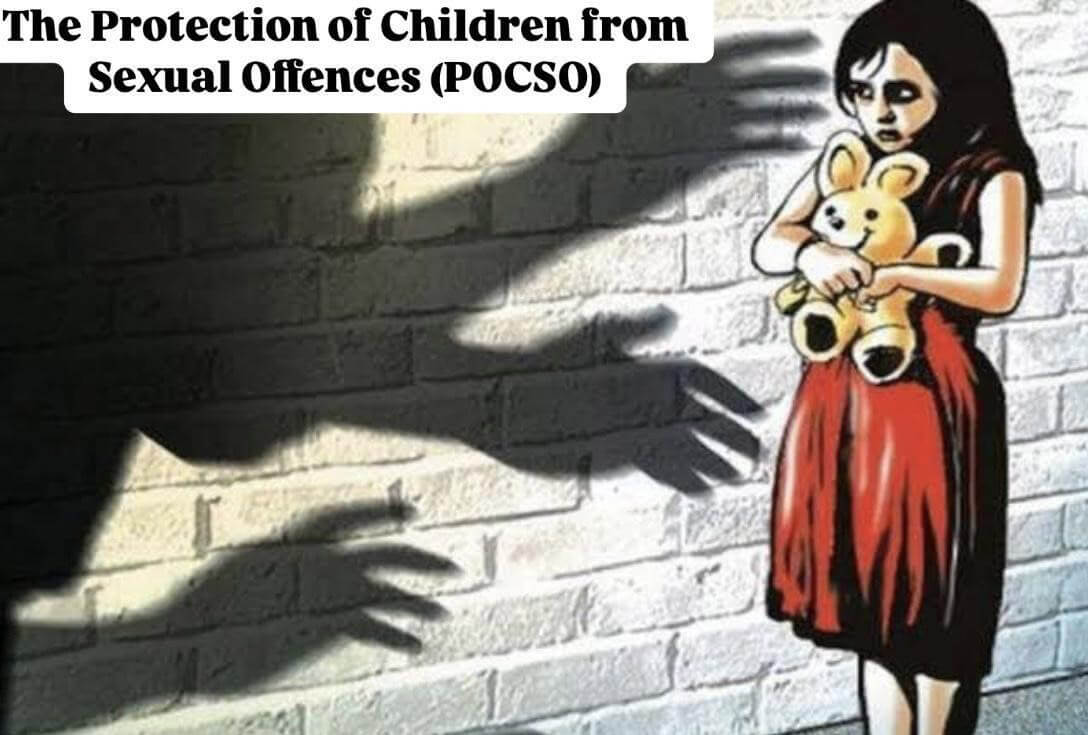
The Protection of Children from Sexual Offences (POCSO) Act, 2012 is an Indian law designed to protect children (anyone below 18 years) from sexual abuse and exploitation. It provides a legal framework to deal with sexual offenses against minors, ensuring child-friendly procedures during investigation and trial.
Key features of POCSO Act
Missues of POCSO Act
People misunderstand or misuse the POCSO Act in various ways, either due to a lack of awareness or intentional misuse. Here’s how:
While the Act is meant to protect children, some people use it unfairly for personal gains or revenge. Common ways it is misused include:
False Allegations for Revenge – In family disputes, divorce cases, or personal enmities, some people falsely accuse others under POCSO to harass them. Since POCSO cases are serious, the accused often face social stigma, job loss, and legal troubles even if innocent.
Teenage Relationships Criminalized – Many cases involve consensual relationships between teenagers, but since the law treats any sexual activity under 18 as an offense, even a boyfriend or girlfriend can be booked under POCSO if the girl’s family complains.
Blackmail and Extortion – Some individuals file false cases to demand money, property, or other benefits, misusing the stringent nature of the law.
Weapon in Child Custody Battles – In some divorce or custody cases, one parent falsely accuses the other to gain an advantage in court.
Lack of Awareness Among Police & Courts – Some officials apply the law rigidly without considering the intent behind certain cases, leading to unnecessary arrests.
Confusion Over Age of Consent – Since POCSO criminalizes all sexual activity below 18, even consensual teenage love affairs are treated as criminal cases, sparking debates on whether the law should be more flexible.
Cases Of POCSO
1.Jarnail Singh v. State of Haryana (2013)
In this case, the Supreme Court addressed the procedure for determining the age of a victim under the POCSO Act. The Court ruled that the same procedure used for juveniles in conflict with the law, as outlined in the Juvenile Justice (Care and Protection of Children) Rules, 2007, should be applied to ascertain the age of the victim under POCSO. This ensured a standardized approach in age determination, crucial for the applicability of the Act.
This Public Interest Litigation (PIL) sought stringent action and faster investigations in cases of child rape. The Supreme Court, acknowledging the urgency and sensitivity of such cases, directed the establishment of special courts in districts with a high number of pending POCSO cases. The aim was to expedite trials and deliver timely justice to victims.
In a controversial judgment, the Bombay High Court acquitted an accused of sexual assault under POCSO on the grounds that there was no “skin-to-skin” contact. The Supreme Court overturned this ruling, emphasizing that the essence of the offense lies in the sexual intent and not merely on the physical contact’s nature. This judgment reinforced the Act’s objective to protect children from all forms of sexual exploitation.
The Supreme Court, in this case, issued guidelines to ensure the swift recording of statements from victims under Section 164 of the Code of Criminal Procedure (CrPC). The Court mandated that such statements should be recorded within 24 hours of the incident being reported, aiming to preserve the victim’s testimony’s accuracy and reduce trauma.
Conclusion
The Protection of Children from Sexual Offences (POCSO) Act, 2012, in India is designed to protect minors from sexual abuse and exploitation. It provides a strong legal framework with stringent punishments, child-friendly procedures, and mandatory reporting to ensure justice for victims.
However, while the Act has been instrumental in securing convictions and safeguarding children’s rights, challenges remain. The misuse of POCSO, particularly in cases involving false allegations or consensual teenage relationships, has led to concerns about unfair prosecution and overburdened courts. Additionally, delays in the judicial process often prolong the trauma for both victims and the accused.
To strengthen the Act, reforms are needed—such as faster trials, penalties for false complaints, and a distinction between consensual relationships and actual abuse. Proper implementation, along with public awareness and sensitivity in handling cases, will help ensure that POCSO serves its true purpose: protecting children while ensuring fair justice for all parties involved.
By Manmeet Kaur
4th year, B.A. LL.B
Ideal Institute Of Management And Technology ( Affiliated to GGSIP University, New Delhi )
N-55, Sri Niwas Puri, New Delhi 110065
ireneslegal9@gmail.com
+91 995 378 5058
Copyright © ireneslegal.com. All Rights Reserved.
Designed by Questend India Pvt Ltd